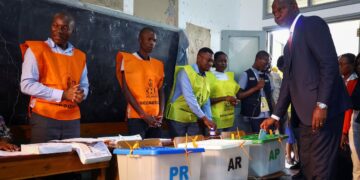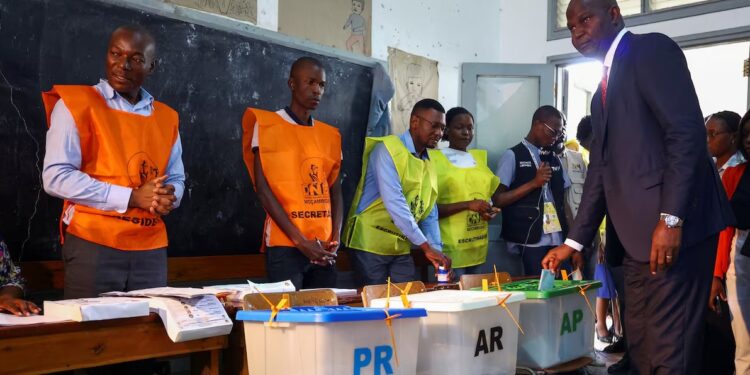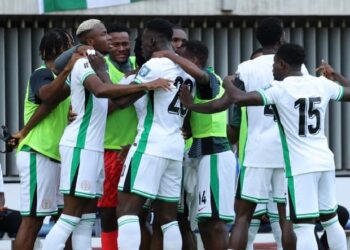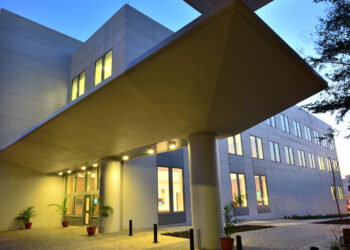By John Ikani
Election observers from the European Union (EU) have raised concerns over irregularities in Mozambique’s general election, alleging that some of the results have been manipulated.
As tensions continue to rise in the country, thousands of people took to the streets on Monday in protests led by independent presidential candidate Venâncio Mondlane.
Mondlane, whose lawyer Elvino Dias and another political ally, Paulo Guambe, were fatally shot last Friday, has blamed security forces for their deaths, although authorities have denied any involvement. The protests followed the killings, which Mondlane described as politically motivated, with both men being shot while in the same car.
The final election results from the October 9 vote are expected by Friday, but the EU’s observer mission reported irregularities during the counting process, stating that there were “unjustified alterations of election results at polling station and district levels.”
The mission has called on Mozambican electoral bodies to ensure transparency in the vote-counting process, urging them to maintain credibility and traceability of results.
In addition to the EU’s concerns, the US-based International Republican Institute also reported cases of vote-buying, inflated voter rolls in areas supportive of the ruling Frelimo party, and voter intimidation.
While Mozambique’s electoral commission is supposed to publish results on its website for public access, the site has been inactive since suffering a cyber-attack last month. This has only heightened concerns about transparency as the official results are awaited.
Mondlane, who is supported by the opposition party Podemos, has already declared victory and claims the killings of his aides were an attempt to suppress his campaign. “This was a crime committed by the defence and security forces. There’s no doubt about it,” he said, asserting that Elvino Dias was targeted by special forces.
Protests have escalated across Mozambique, with demonstrators clashing with police in several cities, including Maputo, Beira, and Nampula. In Maputo, police fired live rounds, used tear gas, and deployed armoured vehicles to disperse protesters who had blocked roads with burning tyres. Mondlane, along with several journalists, had to flee after gunfire erupted near them during the demonstrations.
Local reports indicate that at least 16 people were wounded and taken to hospitals, with several arrests made. While shops and businesses had closed on Monday due to the unrest, many began reopening the following day.
Dias’ funeral is scheduled for Wednesday, and Mondlane has called for more protests later in the week as pressure mounts on the authorities to identify and prosecute those responsible for the killings. Former Mozambican President Armando Guebuza, along with international entities such as the UN, US, and EU, have condemned the killings.
Mia Couto, a renowned Mozambican author, has described the killings as a “crime against the nation.”
This election marks a significant turning point for Mozambique, as current President Filipe Nyusi is stepping down after reaching the two-term limit.
Frelimo, the only party to have governed the country since independence, has put forward Daniel Chapo as its candidate. Mondlane, along with Ossufo Momade of the opposition party Renamo and Lutero Simango from the Mozambique Democratic Movement, is vying for the presidency in what has become a highly contentious election.




































